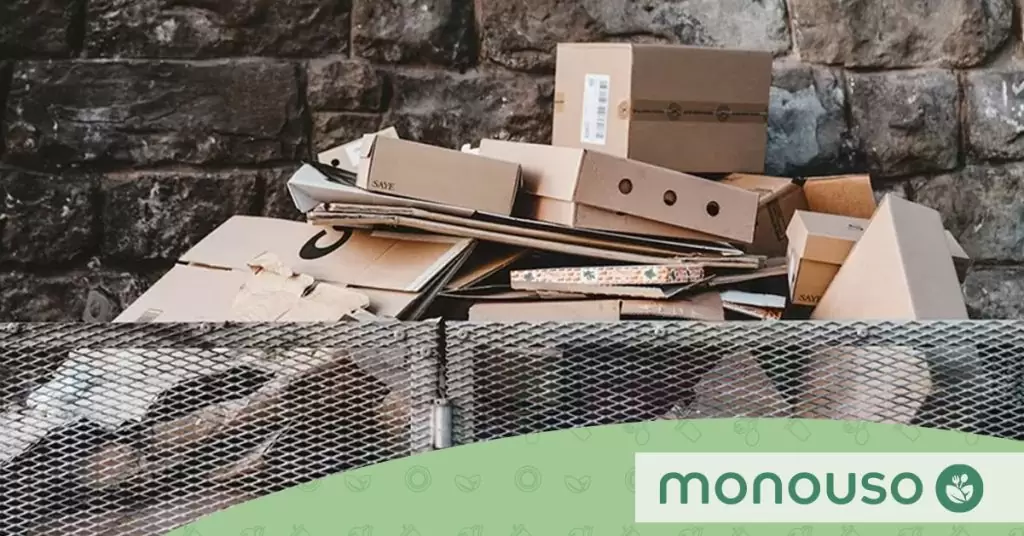That a product is recyclable means, roughly speaking, that it can be subjected to recycling processes to take advantage of the raw materials that make it up. That is to say, all those objects whose material can be reused to make another one are recyclable.
What makes a product recyclable?
Basically, on the materials that have been used for its manufacture. As a general rule, the purer they are, the easier it is to recycle them. The most complicated is that of plastics, since only PET, HDPE, LDPE and PP are recyclable.
Standards for considering a product as recyclable
We always recommend that, before recycling, you consider whether the material can be reused. However, when it comes to recycling, there are a few things to consider:
- The product itself must be recyclable. Make sure you know its composition in order to optimize the process.
- Make sure that it does not contain any organic or other product components. That is to say, that the containers are empty and free of food, the cups are free of liquids, the bags are free of residues…
In short: clean, reduce and separate.
Are there any products that are infinitely recyclable?
Actually, there are some products that we could consider as such. We would include in this category materials such as glass, whose properties are not lost during the process, so it can always be 100% recycled.
As for paper and cardboard, it is one of the materials that shows the most wear and tear during this process. On average, it can withstand a maximum of 6 recycling cycles to avoid the use of natural resources.
And, if we talk about plastic, we must be clear that this petroleum derivative is not infinitely recyclable either. Even so, it is essential to think that recycling is always the best option, the one we should go for to ensure the sustainability of the planet.
Difference between recyclable and recycled
In short, if a product can enter the recycling cycle, it is considered recyclable and, if it is made from reused materials, it is a recycled product. On the other hand, we should not be confused about the recycling symbol. This indicates that it is made from materials that can be reused, but not that the product itself is recycled.
The importance of choosing recyclable products
In order to ensure the sustainability and maintenance of our ecosystems, it is essential to make a clear commitment to recycling. Not only by prioritizing the use of this type of products in our daily lives, but also in businesses and companies. After all, the volume of waste is growing year after year, which puts us in a situation that is really harmful to the environment and the ecosystems that sustain the Earth.
Learn much more about other related terms in our Hospitality and Catering Dictionary.
Frequently Asked Questions
What makes a product recyclable?
Basically, it depends on the materials used in its manufacture. As a general rule, the purer they are, the easier it is to recycle them. The most complicated is plastics, as only PET, HDPE, LDPE and PP are recyclable.
Are there any products that are infinitely recyclable?
We could include in that category materials such as glass, whose properties are not lost during the process, so it can always be 100% recycled.
What is the difference between recyclable and recycled?
In short, if a product is capable of entering the recycling cycle, it is considered recyclable, and if it is made from reused materials, it is a recycled product.

